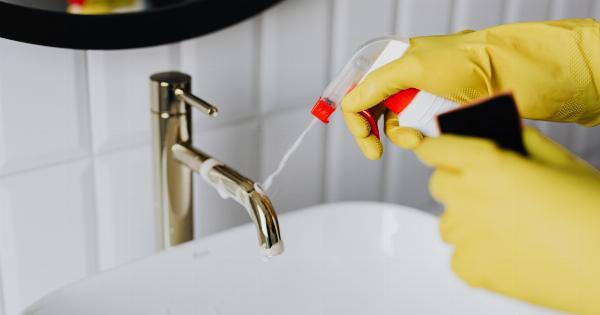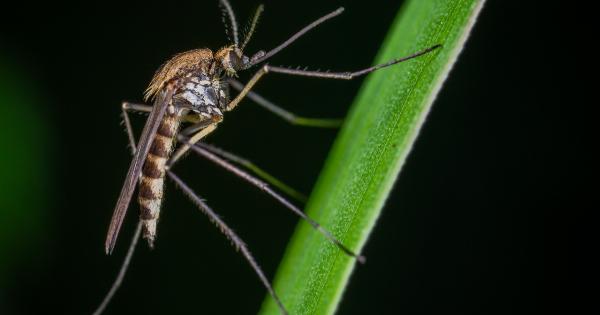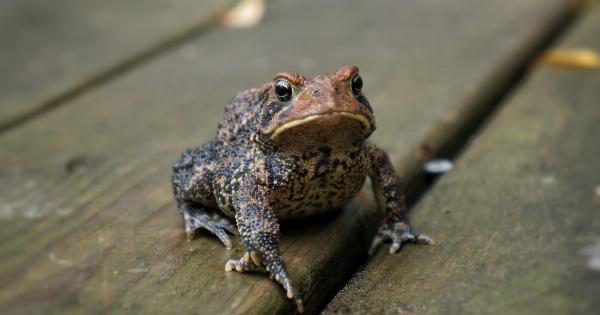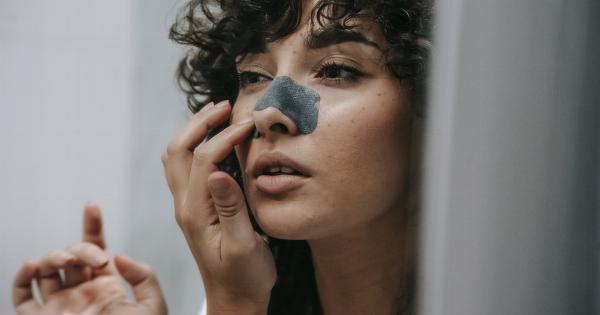Mosquitoes are notorious pests that can ruin outdoor activities and even transmit severe diseases.
Have you ever wondered why some people seem to be more attractive to mosquitoes than others? It turns out that certain scents play a crucial role in drawing these blood-sucking insects towards us. In this article, we will explore ten key scents that make us irresistible to mosquitoes.
1. Carbon Dioxide
One of the primary scents that lure mosquitoes is carbon dioxide (CO2). When we exhale, we release CO2 into the air which attracts mosquitoes from a considerable distance.
These insects possess specialized organs known as maxillary palps that are highly sensitive to the presence of CO2. Consequently, individuals who exhale more CO2 or have increased metabolic rates tend to be more attractive to mosquitoes.
2. Lactic Acid
As we exercise or engage in physical activities, our bodies produce lactic acid. Mosquitoes are highly responsive to this scent, making sweaty individuals more susceptible to mosquito bites.
Lactic acid is also present in higher concentrations in pregnant women, thereby increasing their attractiveness to mosquitoes.
3. Ammonia
Ammonia is another scent that entices mosquitoes. When we sweat, the bacteria on our skin break down the urea in our sweat into ammonia. This pungent scent acts as a powerful attractant, drawing mosquitoes closer to their prey.
4. Body Heat
Mosquitoes are incredibly adept at detecting heat sources, enabling them to locate potential hosts efficiently. The warmth emanating from our bodies acts as a beacon, guiding mosquitoes towards us.
Individuals who generate more heat, such as those who are physically active or overweight, are more likely to be targeted by mosquitoes.
5. Octenol
Octenol is a chemical compound found in human breath and sweat. It is often used as an ingredient in mosquito traps and repellents due to its effectiveness in attracting mosquitoes.
This scent is particularly alluring to certain mosquito species, making individuals who release more octenol more attractive targets.
6. Sweat
Aside from the scents mentioned above, mosquitoes are also attracted to the chemicals present in sweat. These compounds, including lactic acid, ammonia, and various acids, create an enticing aroma that mosquitoes find irresistible.
Moreover, mosquitos tend to prefer individuals with certain blood types, and sweat plays a role in signaling the blood type to these insects.
7. Skin Microbes
Our skin is home to a diverse collection of microbes, collectively known as the skin microbiome. Research suggests that the combination of these microbial communities produces unique scents that attract mosquitoes.
Certain species of bacteria are particularly appealing to mosquitoes, potentially explaining why some individuals are more prone to mosquito bites.
8. Floral and Fruity Fragrances
Contrary to popular belief, mosquitoes are also attracted to floral and fruity fragrances. These insects rely heavily on their sense of smell to locate their hosts, and strong-smelling perfumes or lotions can act as a potent attractant.
If you want to minimize your chances of being bitten, opt for unscented personal care products.
9. Dark Clothing
Believe it or not, the color of our clothing can also influence mosquito attraction. Mosquitoes are highly visual insects and are often drawn to dark-colored objects.
Wearing dark clothing makes individuals more visible to mosquitoes, increasing the likelihood of being bitten. Lighter, neutral shades such as white or beige are less likely to attract these pests.
10. Genetics
Finally, genetics can also impact an individual’s attractiveness to mosquitoes. Research suggests that certain genes influence the production of chemicals on our skin and breath, making us more or less appealing to mosquitoes.
This genetic component may explain why some individuals are consistently more attractive to mosquitoes than others.


























